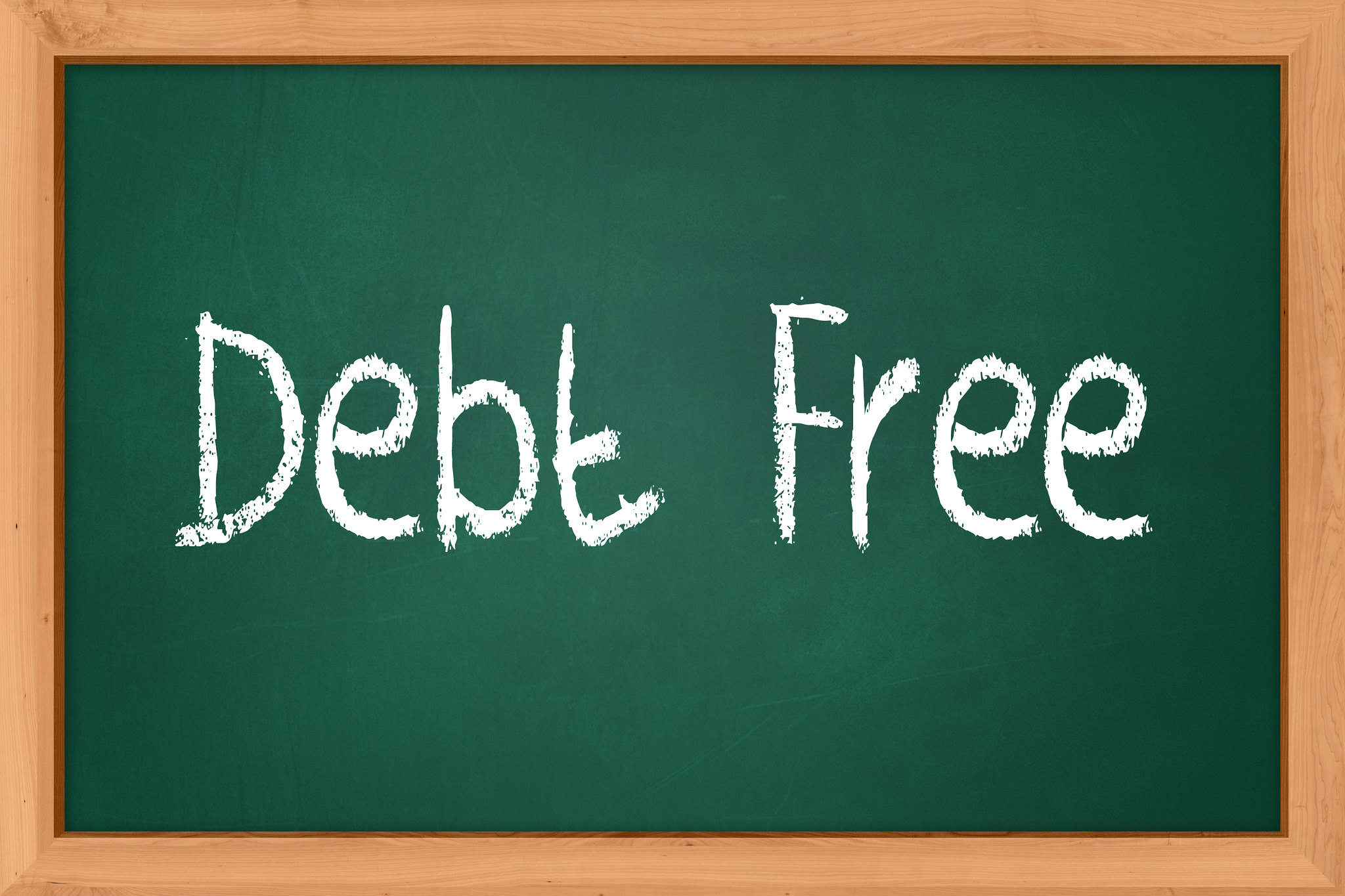Cleared all your debts? Here’s What to Do Next

No debts left? You deserve a pat on your back first! It might have taken you years to get rid of those balances entirely.
Although paying off your debt is a big achievement, it’s not the end of your financial planning journey. Once you find yourself debt free, you need to get onto the next step which is typically to avoid falling back into debt again.
Here are a few steps to revamp your financial plan after paying off every single debt you owe.
1. Cling to Your Budget
Having more money to spend after clearing all your debts makes you more likely to fall prey to impulse buying. Hence, you still need to be financially responsible and spend your money wisely. That means, you’ll need a new budget once you’re debt free.
The funds that went towards making debt payments could now be diverted towards investments for a secured future. However, this new budget can also give you a little liberty to spend on things you couldn’t buy or experience earlier due to shortage of funds. All in all, a budget to upgrade your lifestyle while keeping your retirement in mind.
2. Strengthen Your Emergency Fund
After you’ve paid off all your debts, you could be looking for the best investment avenues to put the extra money you’re left with. If you have very little knowledge of investments, use this opportunity to boost your emergency fund rather than taking the risk of losing your money.
Emergency funds are for everyone. They help you during crises and make you self dependent when you need money immediately. According to experts, your emergency reserve should at least have funds sufficient to cover six months of your living expenses. There is no harm in having more than the minimum requirement in your emergency fund but less could be a problem.
3. Explore Your Retirement Options
Once you’ve secured yourself against any unexpected financial circumstances, you need to plan post-retirement life before you have retired. It’s never too early to start saving for retirement. If you had no time and money to spare on your retirement account due to all the debts you were carrying earlier, it’s not too late either.
Many workplaces offer retirement programs like 401k but if you think you can contribute more, you can choose to add some funds in traditional IRAs. This will help you get a tax deduction as well. There’s no maximum amount of contribution you can make but according to experts, contributing 15% of your income as retirement saving would be just enough. Also consider increasing your contribution with every windfall, increase in your pay or savings.
4. Start Saving for Major Purchases
You can now start saving or paying for the house you always dreamed of- that is to say, you can plan for a significant purchase with money you once used to pay off your debt. This way you are not spending more than you should and ultimately save yourself from falling back to debt.
Before you start to save for your big purchase, do your research right and find out its expected cost. This will help you determine the amount you will need to set aside every month to make the purchase possible. Remember, if this amount should always be less than what you used to put toward your debt each month.
The Final Thought
Before you draft a new budget, make your emergency fund game even stronger, safeguard your retirement or start saving for a large purchase, you definitely deserve a treat. But whatever you do to reward yourself for paying off your debt, don’t overspend. Always remember, it’s difficult to get rid of debts but really easy to fall back into a debt trap.
For more great articles,
Take The Daily Financial Challenge
Ten Ways To Improve Indoor Air Quality
The Link Between Obsessive Compulsive Disorder And Money Problems
Image source:ccPixs.com

